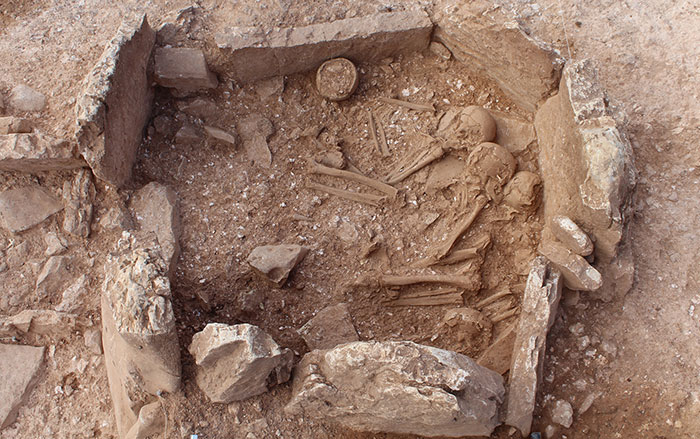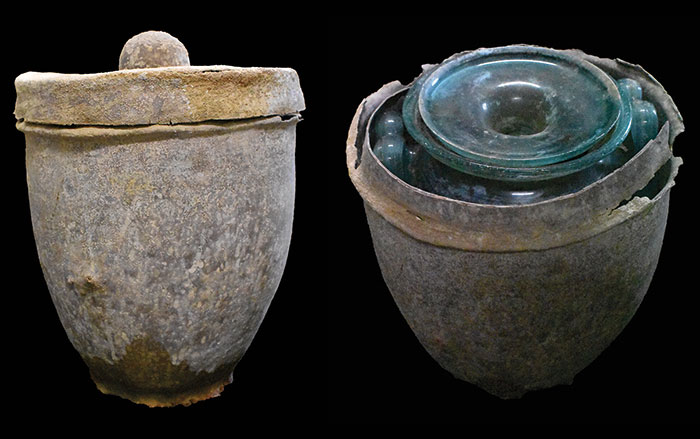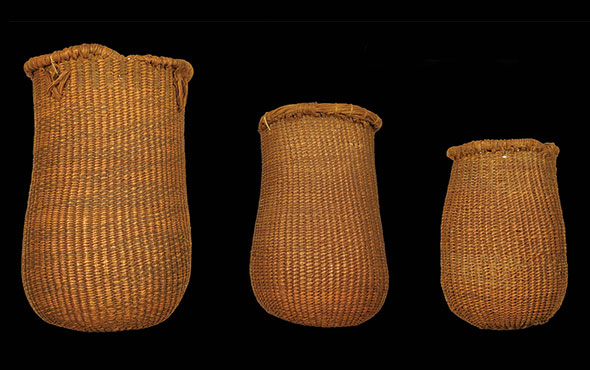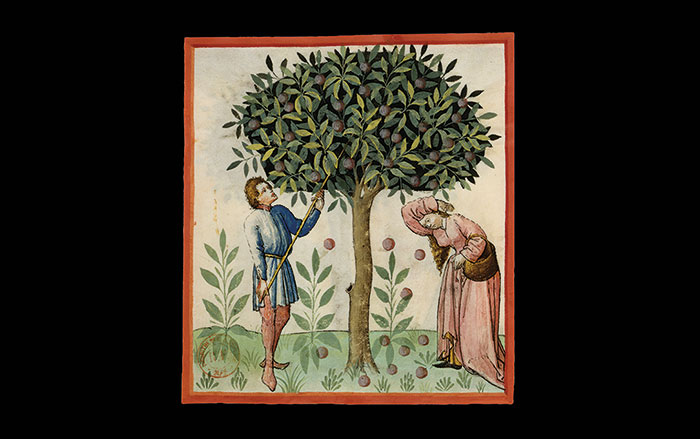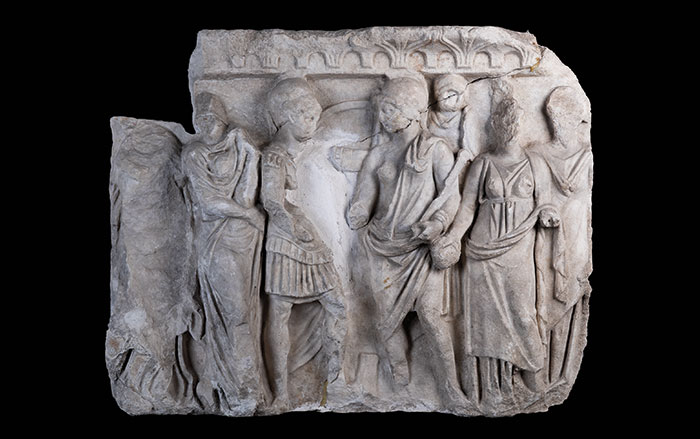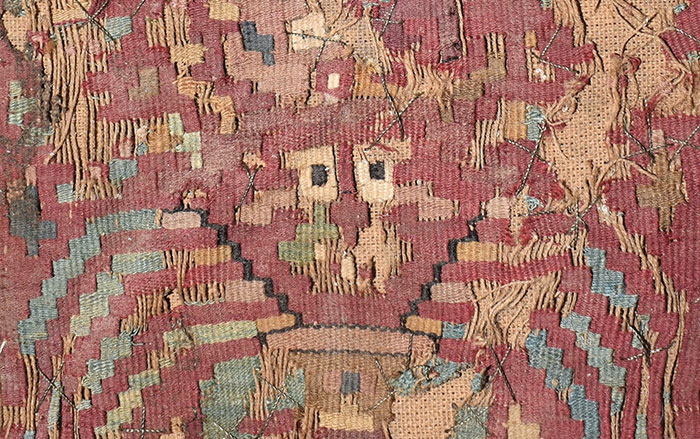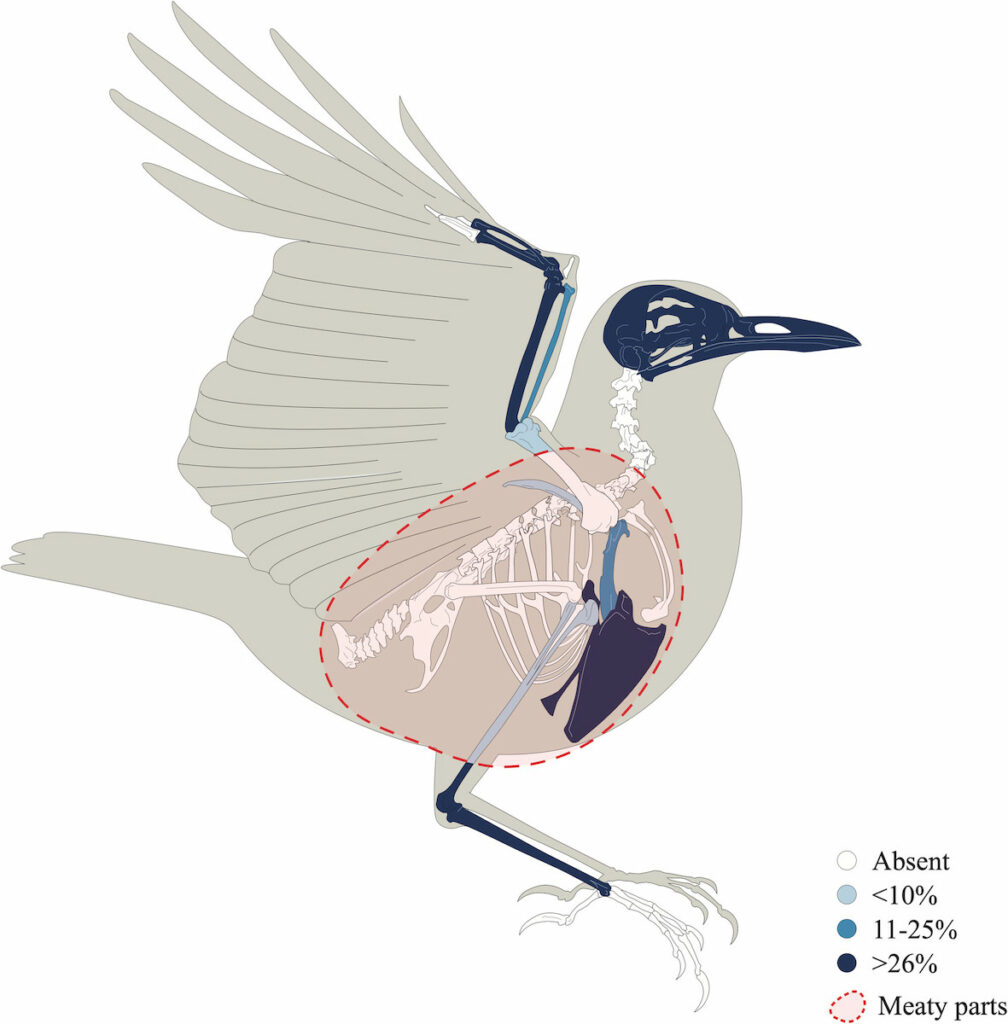
MALLORCA, SPAIN—Several ancient Roman writers describe how thrushes were a culinary delicacy, often elaborately prepared and served at banquets attended by society’s wealthiest members. However, a new study suggests that the rich were not the only ones dining on these small songbirds, La Brüjula Verde reports. Excavations in a cesspit connected with a taberna in the Roman city of Pollentia on the island of Mallorca uncovered a myriad of animal bones from mammals, fish, and, birds. Tabernae were the Roman world’s fast-food establishments that often served hot food for the working classes. The archaeologists were surprised to find an abundance of skeletal remains of thrushes found in the food waste pit. This implies that the avian treat was not just reserved for the elite, but was also widely consumed by the masses as a type of street food. The researchers believe that the birds would have been spatchcocked, a process where the sternum is broken and flattened, and fried whole in oil. Read the original scholarly article about this research in International Journal of Osteoarchaeology. For more on Roman Spain, go to "The Medusa of Mérida."



